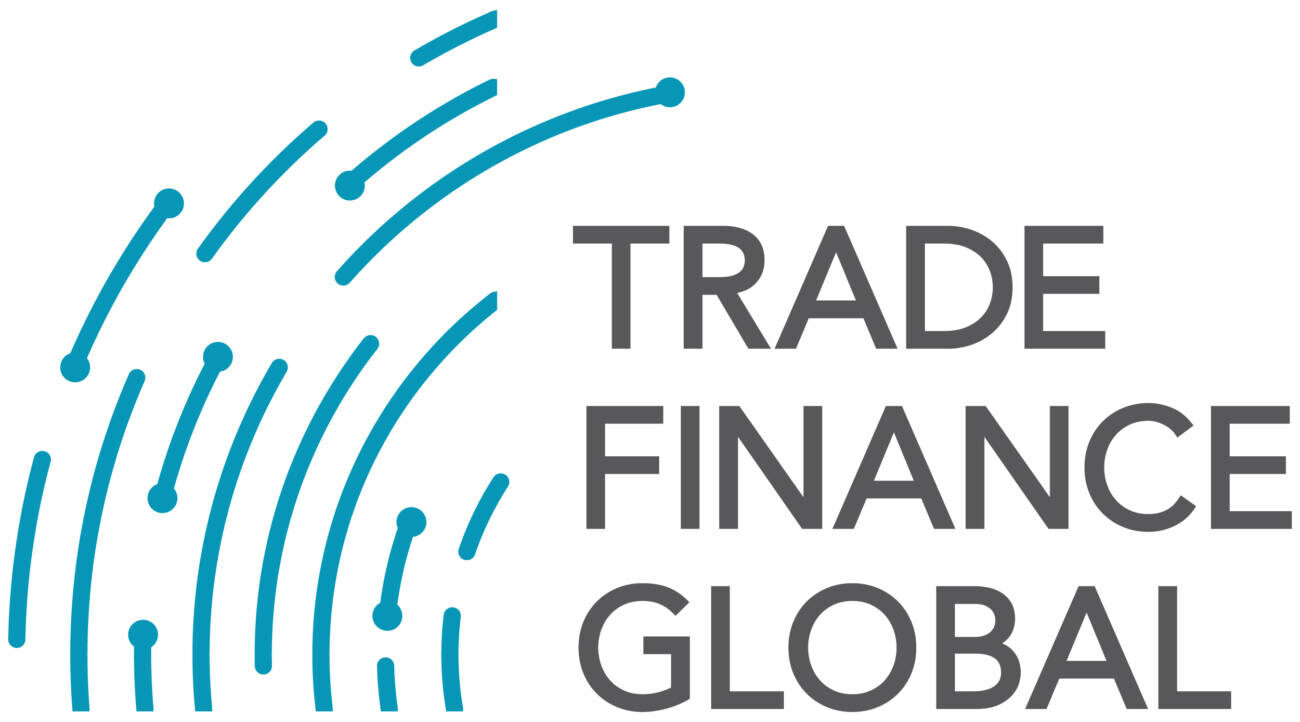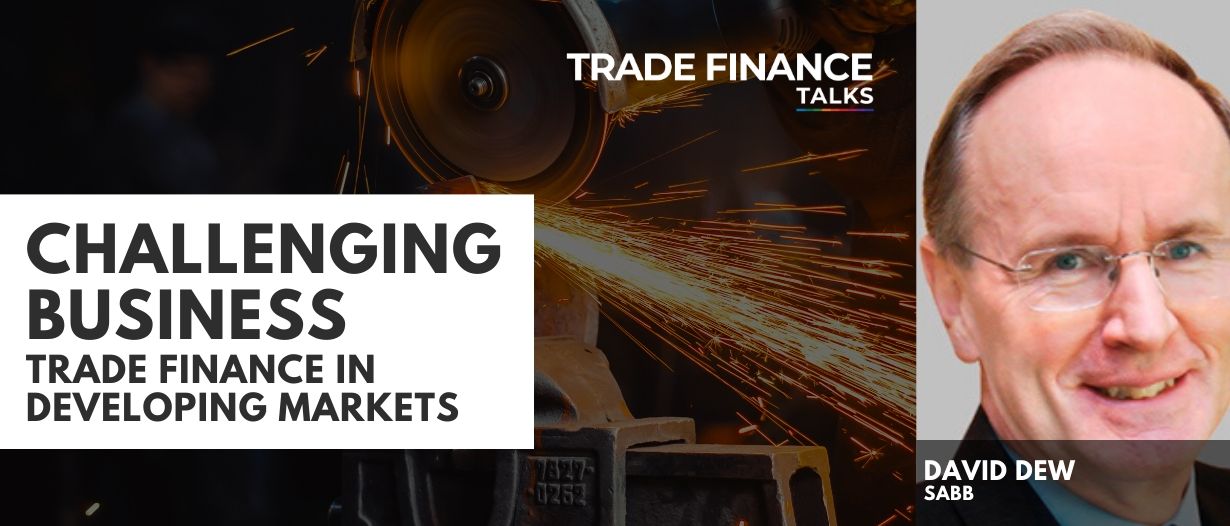With Vision 2030, Saudi Arabia has embarked on the boldest model of economic and social reform anywhere in the world. TFG spoke to SABB about this transformation in raising the Kingdom’s non-oil trade from 16% to 50% of GDP.
[/box]
With Vision 2030, Saudi Arabia has embarked on the boldest model of economic and social reform anywhere in the world. Underpinning this transformation is the goal of raising the Kingdom’s non-oil trade, setting a bold target of increasing the share of non-oil exports in non-oil GDP from 16% to 50%. Maximising the benefits of the Kingdom’s close proximity to Asia will be critical to achieving this level of trade growth.
While only a few years into the Vision 2030 plan, we are already starting to see signs of Asia’s potential to power a new era of trade growth for the Kingdom. China is now Saudi Arabia’s largest trade partner, overtaking the USA, with bilateral trade between the countries growing at a 10-year compound annual growth of around 12%. Asia is also now the largest trading region for Saudi Arabia, powered by the export of Saudi Oil to Asia’s energy hungry industrial powerhouses.
Asia is also a natural partner to feed Saudi’s growing demand for manufactured goods, technology and automobiles. In the first 9 months of 2019 imports to Saudi Arabia from Asian countries, backed by Import Letters of Credit (LC), increased by 25%, compared to the same period in 2018. While all eyes naturally turn to China, there are encouraging signs right across the region, at SABB we have seen strong double-digit growth in letter of credit based imports with South Korea and Japan.
As Vision 2030’s social reforms made headlines around the world, they have also generated good news for trade between the Kingdom and Asia. The lifting of the ban on women driving has helped Japanese and South Korean vehicles imports buck global industry decline, increasing 19% year on year to October 2019, compared to a global decline of around 3%. Similarly, the development of tourism presents multi-layered opportunities, with China already topping the list of visitors as tourist visas for the Kingdom were made available for the first time. In-turn, the Red Sea developments and Neom will see further opportunities present themselves for Asian companies specializing in Infrastructure and transportation.
Now the course for strengthening trade with Asia has been set by Saudi’s reforms, it’s down to the private sector, and companies like ours, to play their part turning ambition into opportunity. Together we must build Saudi trade capability through continuous innovation, build relations and cultural understanding – and most importantly confidence.
We need to look no further than Asia to see how innovation is shaping the trade of tomorrow. Beyond the physical infrastructure, Asia has been leading the way in shaping the new digital model for trade. Many of the first Blockchain-based trade transactions have taken place in the region, with several Governments also pushing hard to develop the ecosystems to support the digitisation of trade finance.
Saudi Arabia is also now proving its appetite to join the front runners of trade innovation. In 2019, Saudi Customs announced it had integrated with IBM/Maersk’s Blockchain-based logistics platform. Late last year, we also facilitated Saudi’s first Blockchain-based Letter of Credit (LC) transaction, piloting the r3 consortium’s LC platform. This mutual commitment to digitization will open doors for significant increases in trade flows between the regions.
Building relationships and cultural understanding will be key to expanding trade. Attracting Asian talent and expertise to the Kingdom will also be essential for local trade service providers. Access to professionals who not only speak the language but understand the cultural intricacies of both markets adds an extra layer of confidence – especially for those tapping into new opportunities for the first time. Being able to offer this has made a big difference to our clients.
Now more than ever, it’s important banks like ours are committed to bringing a world of opportunities to Saudi corporates – and there are few greater opportunities to be had than with our partners in Asia.
[one_third]
[/one_third][two_third_last]
Now launched! Spring Edition 2020
Trade Finance Global’s latest edition of Trade Finance Talks is now out, taking a deep dive into trade finance in emerging and developing markets.
[/two_third_last]

